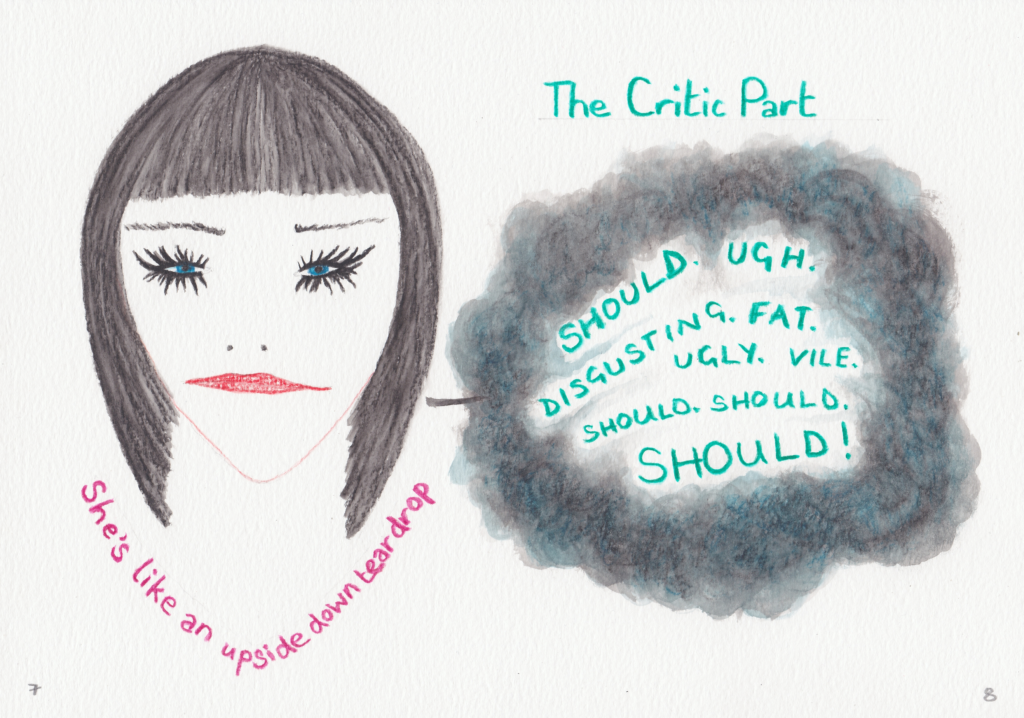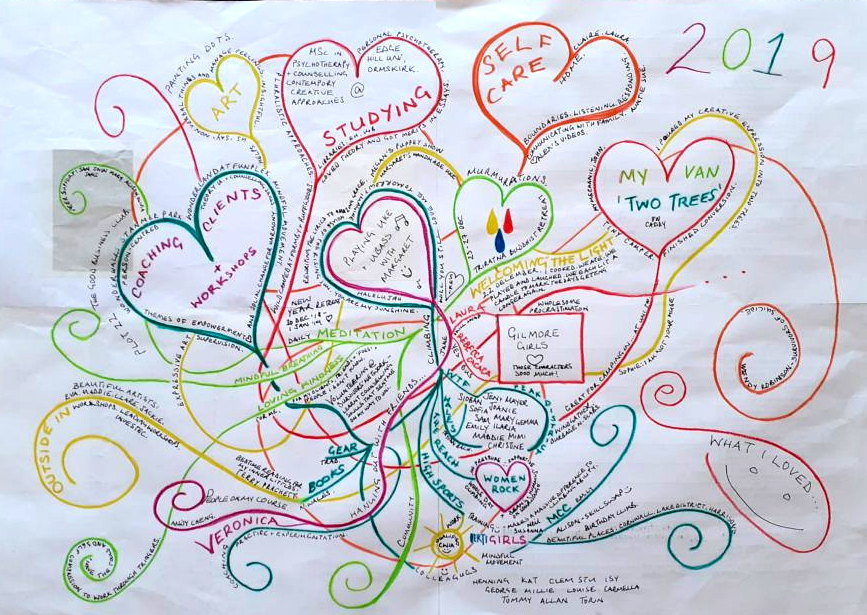
Emotional Flashbacks Don’t Have to be Destabilising




I’m late writing this blog post because I had writer’s block. When I delved deeper into why I couldn’t begin writing I found a critical inner voice saying, “no point in writing because people will be like, ugh! Oh shut up!” I asked myself what it was protecting me from and I realised I didn’t want to feel disappointment that people might not read or comment on my blog post. Now I know this I can accept that fear: yes, maybe they will not read or comment, and I will have learnt a bit more by writing, and now I can write. My example highlights one of the purposes of self-criticism: to avoid potentially painful feelings. In this post I’ll share more about why we self-criticise, how self-criticism is linked to the fight/flight system, and how we can stop beating ourselves up and feel happier.

Trauma is not the event(s) that happened to you, it’s how you are affected by those events.
Continue reading “How Trauma Gets in the Way of Your Goals and What You Can Do About It”Every noise, every touch, the stones beneath my feet, the splash of fountains from a window, crept evilly upon my senses. The air had a stinging weight like ocean waves. I felt myself a stranger to the world.
Circe by Madeline Miller
Unlike New Year Resolutions, a year review can make you feel good about yourself and give you a stable base for what you’d like to have happen in the coming year. Resolutions can trigger your Inner Critic, especially if you don’t fulfil them, for whatever reason. Feeling crap about not doing your resolutions can spiral into negative self-talk about other areas of your life. You could end up feeling unmotivated or worse, depressed. So, here’s a way to feel great about 2019 and build a solid base for what you’d like for 2020!


How we talk to ourselves has a direct relationship to how we feel and what we do. This has been documented in psychological research (see references below) and there is a correlation between self criticism and feeling crap. You can see for yourself how true this is by paying attention to your inner voice. If your inner voice is hard to notice at first in daily life, you could pick an activity that you’d like to be able to do well, but haven’t clocked up the hours yet to be able to do well in it. It could be drawing or painting or parkour, for example.
Continue reading “Kind Communication With Yourself”Given that an estimated 20% of women and 4% of men in England and Wales* have experienced sexual violence since the age of sixteen (and those are just the reported cases; therefore, these figures could be just the tip of the iceberg, not to mention the child sexual abuse figures; see Rape Crisis for more statistics), there is a high probability some of them will be your clients or customers or colleagues or students or apprentices or family members. There are also many people who have experienced emotional and/or physical abuse and/or neglect. You might not know this about them because they may never tell you. Since some of the people you spend time with at work and home are likely to have experienced trauma, it follows that being trauma informed in the ways you communicate with them will be helpful to both you and them.
Continue reading “Could being ‘trauma informed’ help you in your work and personal relationships?”